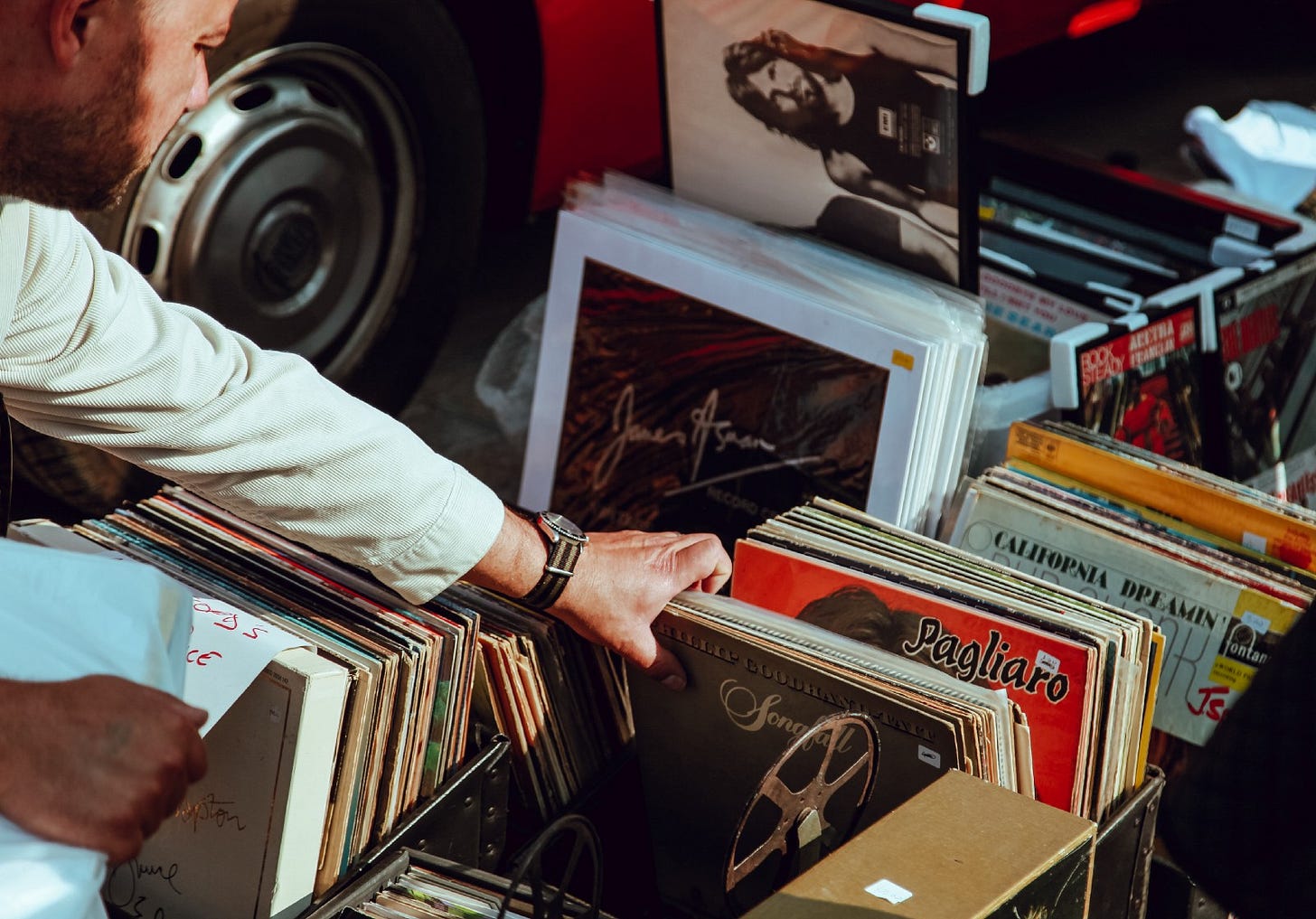Why Do People Collect Things?
Comic books. Coins. Vinyls. These are all common collectibles, yet, to a non-collector, they might be nothing but pointless objects.

Comic books. Coins. Vinyls. These are all common collectibles, yet, to a non-collector, they might be nothing but pointless objects.
True, some of those things are just ornamental and will collect dust over time. If that’s the case, why do people collect them in the first place? If these items may take up someone’s time and space, why do some people devote their days to accumulating even higher amounts?
There isn’t a single answer to this question. The most unexpected one is that wanting to collect things has to do with our primal survival instincts, whether you believe it or not.
Collecting is Instinctive
Instinct usually doesn’t come to mind when someone wonders why they collect things. That’s because most of them have no idea it was a motivator, in the first place.
Ask a person why they may collect old and rare coins, and they’ll most likely shrug and say “I think they’re cool”. But what makes them so “cool”?
Unbeknown to them, one’s instinct may contribute to the coolness of collecting them.
In the words of James L. Halperin, “those of our ancient ancestors who managed to accumulate scarce objects may have been more prone to survive long enough to bear offspring.” No one comes to that realization, at least not on their own. Plus, this is the deep-rooted reason why we may do it, which has a myriad of other motivators attached to it.
One of those reasons is scarcity and the search for value, whether that’s emotional or monetary. We all know the basic scarcity principle: the less available something is, the more valuable it becomes. The fact that you own something no one else will ever own in the history of humankind increases its potential high value. It makes it more desirable. More beautiful. And, depending on the items we’re talking about, more expensive.
And of course, an accumulation of valuable scarce objects could give a person the resources to live a prosperous life. That’s called “riches”.
However, the emotional value attached to objects is just as important. Lose your deceased grandmother’s antique necklace, and you’ll be losing something no amount of money can recover.
But, People Also Collect Things for Simpler Reasons…
And such reasons have other psychological drivers behind them.
Perhaps someone’s grandfather was a great collector of old and rare coins, and eventually passed them on to their grandchild who decided to carry on the legacy. The act of collecting old coins keeps their grandfather’s memory alive.
A collector may have met other collectors, and decided to nurture positive connections and increase their sense of belonging in a group. They may take pleasure in talking about their acquisitions, and enjoy the bonds they develop as a result.
Some people don’t necessarily want to make money from their precious items, either. Instead, they may want to donate them to a museum in a charitable action.
There are several reasons as to why people collect things, whatever those things may be. One thing, however, never changes: people collect to keep those things accessible to them whenever they need it.
How Do Collections Relate to the Curator Economy?
Curating content means collecting passages, clippings, and quotes that will be useful to you in the short and long term. In essence, it means collecting knowledge from various reliable sources.
Every new passage is a new item into your assemblage of knowledge, a new insight to your repertoire. The internet has made this type of focused selection easier by developing web highlighters, or social web highlighters.
In web highlighters, all users share the same pleasure: collecting excerpts about topics of their interest, from people whose works they admire. It’s the place where they can find their “tribe”. Whether they need supporting quotes for their writing or observations to validate their studies, the starting point will be the same to all of them: a yearning for learning something different every day.
We are what we collect, and we collect what we are. Old coins could be eternalized memories, and comic books are a current pastime someone will hopefully pass on to their child.
The more items you add to your collection, the faster it grows. That’s why the more content you curate and consume, the smarter you’ll get over time.
—
We’re building Glasp to give everyone the power to leave their learnings and experiences throughout their life as a utilitarian legacy for future generations. Glasp beautifully organizes what you resonated with on the web, so you can express yourself through the collection and connect the dots. If this resonates with you, please check it out!
Cheers,
Kazuki

